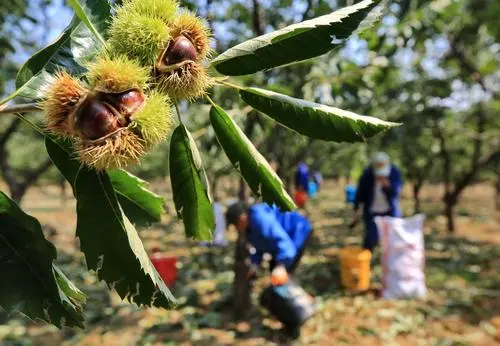茶叶杂物有害吗英语(便宜茶叶对身体有害吗)
- 茶叶
- 2024-09-24 19:32:06
- 110

Introduction
Tea is one of the most consumed beverages in the world. In China, Japan, India, and other Asian countries, tea has been consumed for centuries, not only for its taste but also for its health benefits. However, what many people do not realize is that tea leaves can contain harmful substances that can have negative impacts on health. In this article, we will explore the potential dangers of tea leaves and how you can minimize the risks associated with consuming tea.
The Dangers of Tea Leaves
Tea leaves are often contaminated with harmful substances such as lead, fluoride, and pesticides. Lead, a heavy metal, can be absorbed by tea plants through contaminated soil and water. Fluoride, often added to tea leaves during cultivation, can cause skeletal fluorosis, a painful bone disease. Pesticides, used to protect tea plants against insects and diseases, can have negative impacts on human health, especially when ingested over a long period of time. Some pesticides have been linked to cancer, reproductive problems, and developmental disorders in children.
The Health Risks of Tea Consumption
Consuming tea leaves that are contaminated with harmful substances can have negative effects on health. For instance, lead poisoning can cause abdominal pain, headaches, and fatigue. Long-term exposure to lead can lead to brain damage, anemia, and kidney problems. Fluorosis, caused by excessive fluoride consumption, can result in bone pain, joint stiffness, and skeletal deformities. Pesticides can have toxic effects on the nervous, reproductive, and endocrine systems, and some have been linked to cancer.
How to Minimize the Risks
To minimize the risks associated with tea consumption, it is important to choose tea leaves that are grown organically and free from harmful substances. Organic tea leaves are grown without the use of synthetic pesticides and fertilizers, and are often grown in soils that are free from contaminants. Additionally, it is important to properly brew tea to reduce the levels of lead and fluoride. Boiling tea leaves for five minutes can significantly reduce the levels of lead and fluoride. Using a water filter that removes lead and fluoride can also be beneficial.
Conclusion
Tea is a popular beverage consumed by millions of people around the world. However, tea leaves can be contaminated with harmful substances that can have negative impacts on health. To minimize the risks associated with tea consumption, it is important to choose organic tea leaves and properly brew tea. By taking these simple steps, you can enjoy the taste and health benefits of tea without exposing yourself to harmful substances.
- 111人参与,0条评论






发表评论